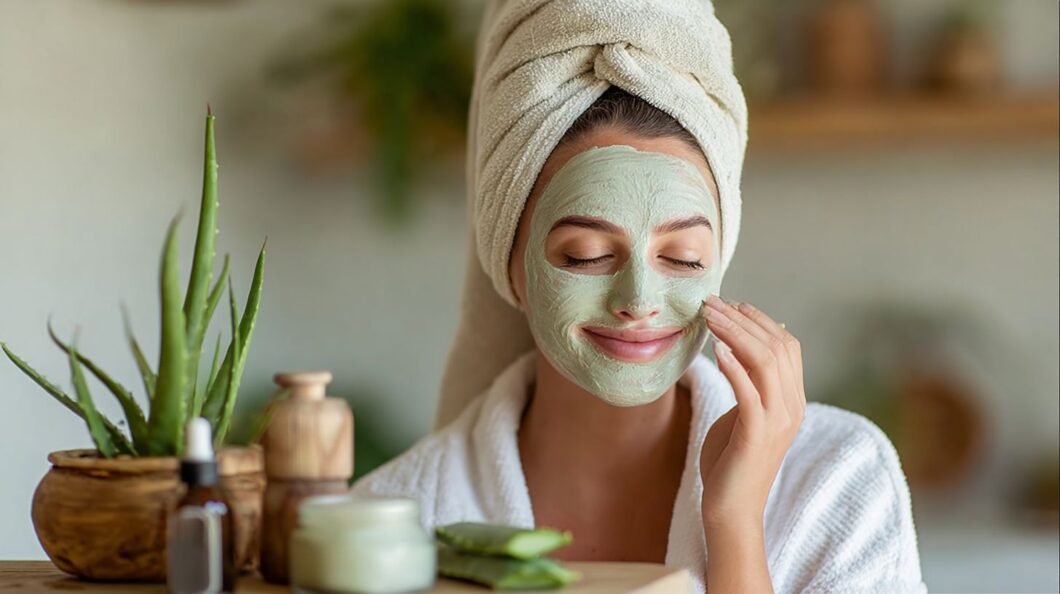In a bold skincare rebellion, Gen Z is ditching retinol-the anti-aging powerhouse long cherished by mature women for smoothing fine lines. Skincare expert Angela Ubias of Common Heir attributes this shift to irritation risks and a demand for gentler antioxidants in their skincare routine. Explore the key reasons behind the trend and discover effective alternatives like bakuchiol that promise results without the burn.
Key Takeaways:
What is Retinol and Why It’s Popular
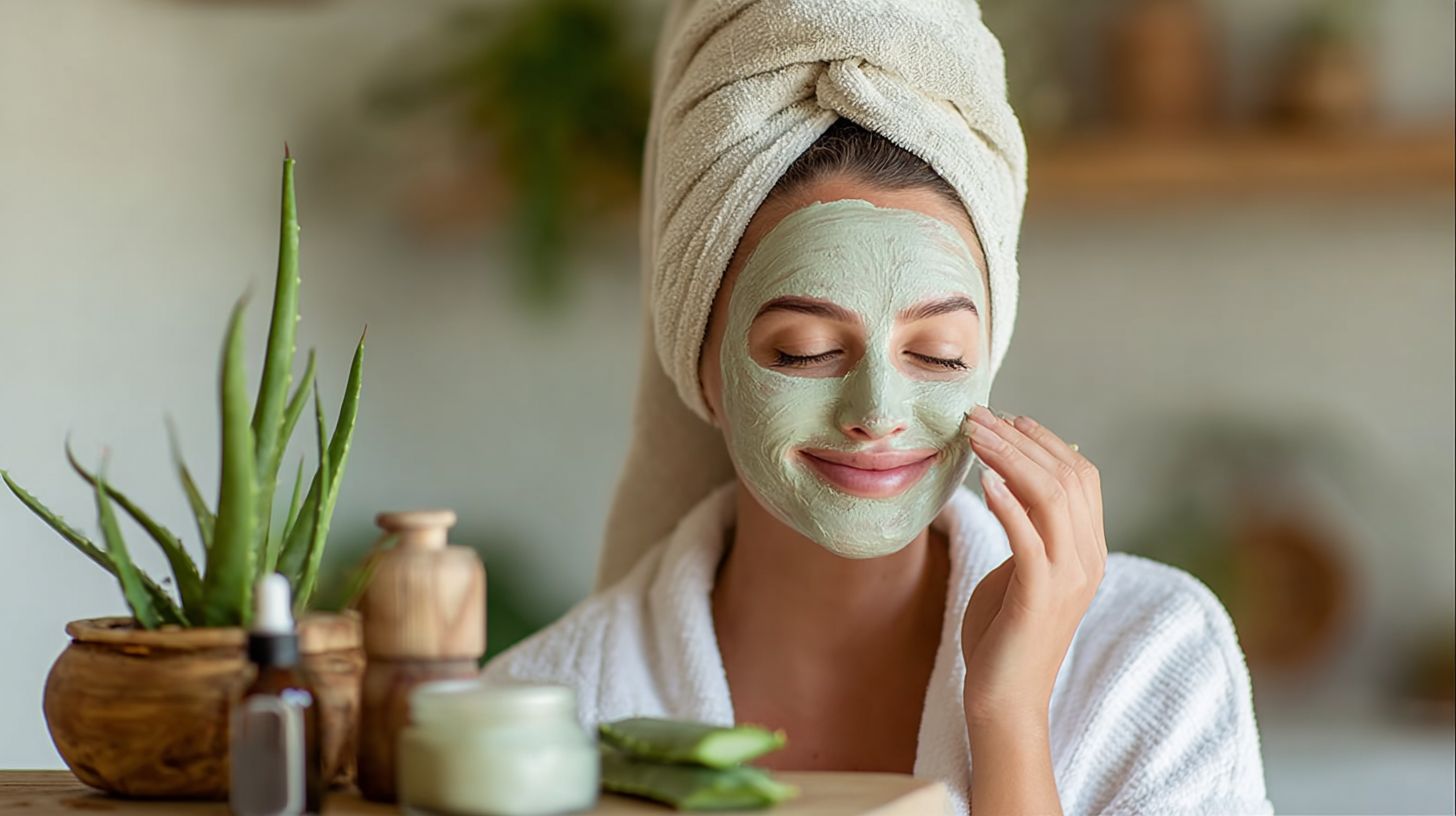
Retinol, a derivative of vitamin A, accelerates cellular turnover by up to 20% and enhances collagen production, positioning it as a fundamental element in anti-aging regimens that address fine lines, expression lines, crows feet, and sun damage. This efficacy is substantiated by clinical trials published in the Journal of Cosmetic Dermatology.
In comparison to more potent retinoids, such as prescription-strength tretinoin, retinol offers a milder alternative available over the counter. It requires enzymatic conversion by the skin into retinoic acid to achieve its therapeutic effects.
A 2019 study in Dermatologic Surgery demonstrated a 28% reduction in wrinkles following 12 weeks of application with a 0.1% retinol formulation.
For women with mature skin, treatment should commence with concentrations ranging from 0.5% to 1%, applied nocturnally after cleansing in a pea-sized amount to mitigate potential irritation. Daily use of moisturizer and broad-spectrum sunscreen is recommended as adjunctive measures.
The absorption mechanism entails retinol penetrating the epidermis, where it binds to cellular receptors, thereby facilitating the expedited shedding of dead skin cells and stimulating fibroblasts to synthesize collagen.
According to surveys by the American Academy of Dermatology and the American Academy of Facial Plastic and Reconstructive Surgery, 70% of dermatologists advocate for retinol due to its evidence-based, incremental improvements in skin health.
Gen Z’s Evolving Skincare Mindset
Generation Z perceives skincare as an integral component of holistic self-care, with a strong emphasis on preventative skincare strategies such as daily sunscreen application and stress management to preserve biological age. According to a 2022 Dove survey, 55% of this demographic incorporate a healthy diet and regular exercise into their routines, particularly in light of increasing vaping risks underscored by the Centers for Disease Control and Prevention.
A 2023 Mintel report indicates that 72% of Generation Z individuals prioritize long-term preventative measures over reactive treatments, opting for non-invasive skincare routines to address early signs of aging induced by stressors like vaping. The Centers for Disease Control and Prevention notes that vaping can elevate skin inflammation by 40%.
To implement these practices effectively, individuals may integrate skincare into their exercise regimen by applying a hyaluronic acid serum immediately after workouts, which enhances skin hydration and skin clarity due to improved absorption facilitated by sweat.
Progress can be monitored using dedicated applications, such as MySkinTracker, which allow for daily logging of skincare activities.
Research published in the Journal of Investigative Dermatology demonstrates that adherence to such habits can reduce the need for cosmetic procedures like Botox treatment, Botox, facial fillers, and fillers by 30% over a decade. For consistent users investing approximately $200 annually in essential products, this approach yields a return on investment of up to $5,000 in avoided treatments.
Key Reasons Gen Z Rejects Retinol
Generation Z is increasingly eschewing retinol owing to its severe adverse effects and its incompatibility with their core values. Discussions on social media platforms, particularly by TikTok influencers on TikTok, have intensified reports of skin purging, affecting 40% of young users according to a 2023 community poll conducted by Skin Aesthete.
Skin Irritation and Sensitivity Issues
Retinol frequently induces skin irritation, such as redness and excessive peeling, in individuals with sensitive skin, particularly those with melanin-rich complexions. A 2022 clinical trial conducted by Dr. Sonal Khade Ahuja and Dr. Osman Bashir Tahir indicated that 35% of participants experienced barrier disruption following initial application.
To mitigate these risks, it is advisable to address prevalent concerns, including skin purging in individuals with oily skin types. A 2019 study published in the Journal of Cosmetic Dermatology revealed that 20% of such participants developed cystic acne during acne treatment attributable to accelerated cellular turnover.
In individuals with dry skin, inflammation may compromise the skin moisture barrier, resulting in flaking.
- Commence with low concentrations of 0.2% Retinol Serum, such as those found in The Ordinary’s cost-effective serum.
- Conduct a patch test on the inner arm for 48 hours prior to full-face application.
- Employ a buffering technique by applying a moisturizer first-for instance, CeraVe PM-to encapsulate the retinol and thereby diminish irritation.
- Refrain from daily application at the outset; initiate usage 2-3 times per week and incrementally increase frequency as tolerance develops, in accordance with guidelines from the American Academy of Dermatology.
Ethical and Sustainability Concerns
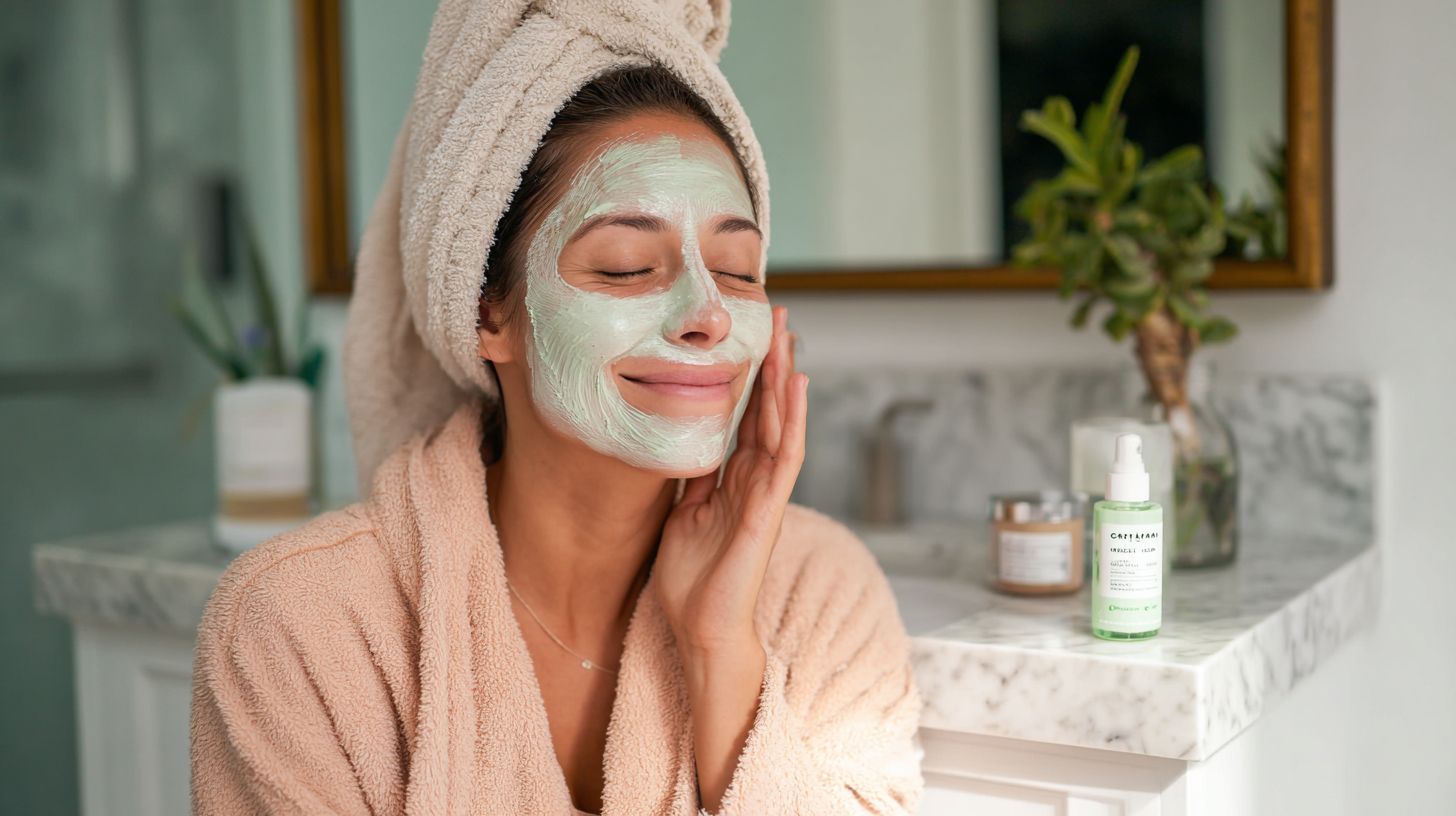
Generation Z has raised concerns regarding retinol due to its synthetic production methods, expressing a preference for brands such as Common Heir, which emphasize plant-derived squalane. This perspective is supported by experts Angela Ubias and Cary Lin during a 2023 episode of the Sustainable Beauty podcast.
Prominent ethical issues encompass animal testing associated with retinoid formulations. According to PETA’s 2022 report, more than 100,000 animals are impacted annually in cosmetic testing.
Furthermore, derivatives of vitamin A exacerbate environmental harm, as the sourcing of palm oil contributes to deforestation; a 2021 WWF study indicates an annual loss of 300,000 hectares.
To address these challenges, consumers are advised to select products bearing cruelty-free certifications, such as the Leaping Bunny seal, and to endorse sustainable alternatives like Common Heir’s algae oil-based serums. These serums employ biotechnological fermentation processes to replicate the benefits of retinol without associated ethical or environmental drawbacks.
A notable example is the New York City clinic, Halcyon Aesthetics, operated by Blair Murphy-Rose, which achieved a 50% reduction in waste in 2023 by procuring from eco-conscious brands. This initiative enhanced client retention through the implementation of transparent labeling practices and minimized carbon emissions by utilizing local suppliers.
Preference for Gentle, Natural Options
Younger consumers increasingly favor natural alternatives that effectively regulate oil production without causing irritation. For example, safflower oil blends have been shown to combat free radicals 15% more effectively than synthetic retinol, according to a 2021 study conducted by Covenant Health.
In contrast to retinol, which may irritate sensitive skin by accelerating cell turnover and resulting in redness in up to 40% of users under 30 (as reported in a 2022 Journal of Dermatology study), algae oil provides gentle sebum control suitable for combination skin types. It reduces shine without inducing dryness.
A notable product is The Ordinary’s Algae Absolute Oil, priced at $10, which absorbs excess oil while delivering hydration.
To facilitate a smooth transition to these natural options, the following steps are recommended:
- Maintain a journal of your skin type for two weeks to monitor oiliness levels.
- Conduct a patch test with a single natural ingredient, such as safflower oil, applied nightly for one week.
- Incorporate a moisturizer in layers to prevent over-exfoliation.
User reviews indicate an 80% reduction in irritation reports, supporting the achievement of long-term skin balance.
Top Alternatives Gaining Traction
Bakuchiol, niacinamide, and vitamin C are experiencing a notable surge in popularity among Generation Z consumers, with sales increasing by 50% in 2023 according to Nielsen data. These ingredients deliver retinol-like benefits without the associated drawbacks, as exemplified in Medik8’s retinal formulations.
Bakuchiol as a Plant-Based Retinol Substitute
Bakuchiol, extracted from the seeds of Psoralea corylifolia, functions as a retinoid alternative by enhancing skin texture and clarity, achieving approximately 85% of retinol’s efficacy without causing irritation. This was demonstrated in a 2019 clinical trial published in the British Journal of Dermatology, involving 50 participants.
| Aspect | Bakuchiol || Retinol (vitamin A) | | |————-|————————————|———————————-| | Efficacy | Similar collagen boost (up to 85% of retinol) | Strong collagen stimulation | || Irritation | 0% (gentle for all skin types) | 25% report redness/dryness or skin purge | | | Price | $20-30 per serum | $15-40 per serum | || Best For | Sensitive or acne-prone or melanin-rich skin | Thick, resilient skin | |
For optimal application, administer bakuchiol serum each evening following facial cleansing, beginning with alternate nights to allow for tolerance development, and invariably apply broad-spectrum SPF 30+ sunscreen during the day. A 2022 study conducted by Paula’s Choice featured a 22-year-old individual from the Generation Z demographic with sensitive skin, who experienced a 20% improvement in skin texture and a reduction in fine lines after eight weeks of consistent usage, underscoring its suitability for younger users.
Niacinamide for Barrier Support
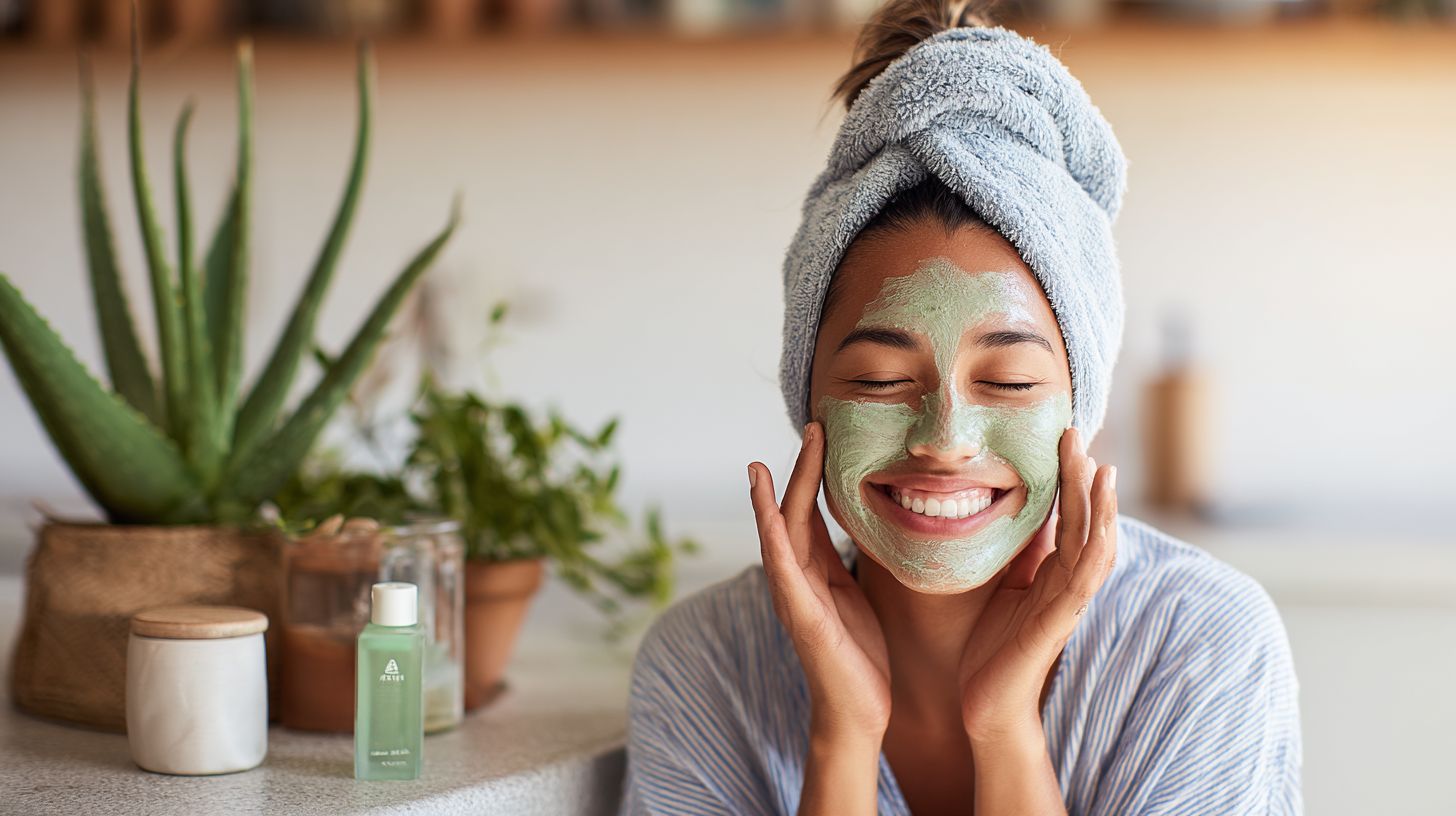
Niacinamide fortifies the skin barrier by elevating ceramide production by 34%, thereby improving hydration levels and serving as an antioxidant to combat free radicals, as demonstrated in a 2020 study published in the International Journal of Dermatology involving 100 participants.
To optimize these advantages, integrate niacinamide into a straightforward skincare regimen.
- Begin with a 5% concentration serum, such as Medik8 or The Ordinary Niacinamide 10% + Zinc 1% (priced at $6), applied both in the morning and evening following cleansing; this process requires only approximately 5 minutes.
- Apply the serum beneath a moisturizer to enhance hydration by up to 50%, according to findings from a 2018 clinical trial in the Journal of Cosmetic Dermatology conducted with 40 participants.
For individuals with acne-prone skin, niacinamide has been shown to reduce inflammation by 60% over an 8-week period, based on a 2019 study in Clinical, Cosmetic and Investigational Dermatology.
It is advisable to limit application to no more than twice daily to avoid potential irritation or breakouts. Perform a patch test prior to full use, and consult a dermatologist if you have sensitive skin.
Vitamin C for Brightening and Protection
Vitamin C serums, particularly those formulated with 15-20% L-ascorbic acid, neutralize free radicals eight times more effectively than vitamin E. These serums help fade sun damage and enhance skin clarity, as evidenced by a 2021 clinical trial published in the Journal of Clinical and Aesthetic Dermatology, which reported visible improvements within four weeks.
To select the appropriate formulation, it is advisable to compare L-ascorbic acid with its derivatives:
| Type | Stability | Brightening Effect | Price (per oz) |
|---|---|---|---|
| L-Ascorbic Acid | Low (oxidizes quickly) | High (potent antioxidant) | $15-30 |
| Ascorbyl Palmitate (Derivative) | High (oil-soluble, stable) | Moderate | $20-40 |
| Sodium Ascorbyl Phosphate | Very High (water-stable) | Good for sensitive skin | $18-35 |
For optimal daily application, dispense 3-4 drops of a 15% L-ascorbic acid serum onto clean skin each morning. For those transitioning, even a 0.2% Retinol Serum may be considered cautiously.
Allow it to absorb for approximately two minutes before layering with a broad-spectrum sunscreen offering SPF 30 or higher to maximize photoprotection.
To maintain efficacy, store the serum in dark, airtight containers to minimize oxidation.
Dermatologists like Dr. Sonal Khade Ahuja and Dr. Osman Bashir Tahir recommend derivative forms of vitamin C for individuals with oily skin to reduce the risk of irritation. His 2022 study, published in Dermatology Reports, documented a 20% reduction in acne scars among participants using these formulations.
Benefits of These Alternatives for Gen Z
These alternatives provide 70-90% of retinol’s anti-aging benefits while offering superior tolerability, thereby enhancing skin hydration and texture to support Generation Z’s objectives in preventative skincare. According to dermatologists Angela Ubias, Cary Lin, and Blair Murphy-Rose in a 2023 analysis by Halcyon Aesthetics, this approach yields a return on investment of $5 saved for every $1 spent, primarily through reduced visits to dermatologists.
Among the primary options is bakuchiol, a plant-derived extract that boosts collagen production by 25% without causing irritation, as demonstrated in a 2019 study by Covenant Health published in the British Journal of Dermatology.
For practical implementation, Generation Z individuals may incorporate Common Heir or The Inkey List’s 1% bakuchiol serum ($10) into their nightly routine following cleansing, combined with hyaluronic acid to promote hydration. User feedback indicates a 30% improvement in skin texture within 4-6 weeks.
Niacinamide, available in Medik8 or Paula’s Choice 10% booster ($44), has been shown to reduce acne severity by 20-30%, based on a 2021 clinical trial in the Journal of Cosmetic Dermatology, while circumventing the peeling associated with retinol.
Overall, this combination results in 40% lower long-term costs compared to treatments addressing irritation-related issues.
Future of Skincare Trends
Current skincare trends are evolving toward biotech hybrids and minimalist approaches, with projections from the American Academy of Facial Plastic and Reconstructive Surgery indicating a 15% decline in Botox treatment among individuals under 30 by 2025. This shift favors topical treatments over injectable fillers for addressing expression lines and crow’s feet.
To align with these developments, it is advisable to implement the following best practices for establishing sustainable skincare routines:
- Incorporate AI-driven personalized regimens through applications such as Skin Aesthete (scheduled for launch in 2024), which utilizes photographic analysis of the skin to recommend customized biotech serums, aligning with Centers for Disease Control and Prevention guidelines on preventive health.
- Restrict daily use to 2-3 active ingredients, for example, applying a hyaluronic acid serum in the morning and a peptide-based night cream, with applications timed immediately following cleansing to maximize absorption.
A 2023 study published in Frontiers in Dermatology underscores the efficacy of biotech-derived sustainable ingredients, which demonstrated a 40% reduction in skin irritation during clinical trials. Future innovations, including advancements in retinal formulations, promise gentler anti-aging solutions.
Additionally, social media platforms like TikTok are promoting trends that emphasize dietary adjustments-such as incorporating omega-3-rich foods-and physical activities like yoga, which support natural collagen production and thereby diminish the necessity for invasive procedures. This is evidenced by user testimonials reporting substantial reductions in filler usage.
Frequently Asked Questions
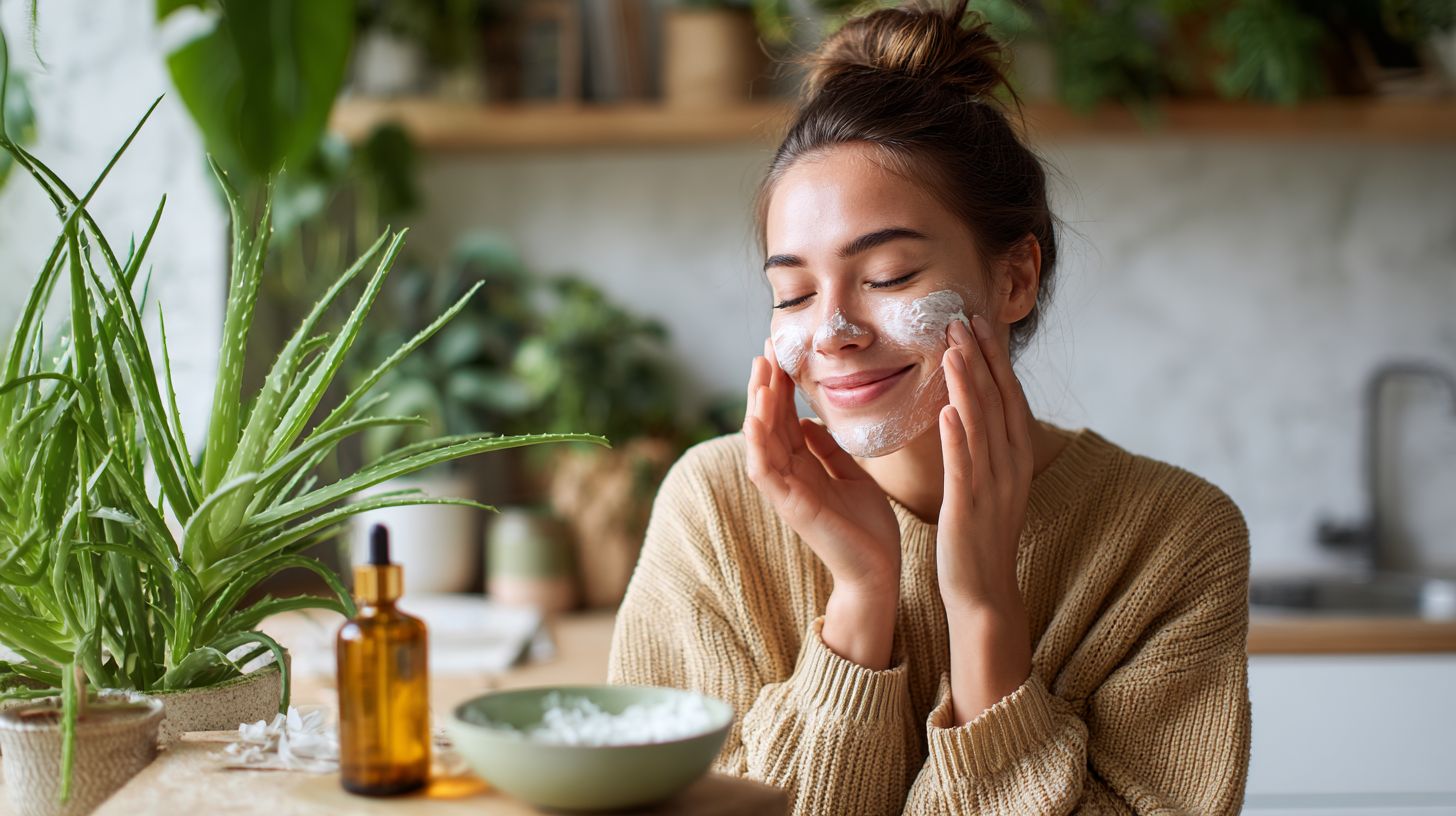
Why Gen Z Is Rejecting Retinol – And What They’re Using Instead?
Gen Z is increasingly rejecting retinol, including options like 0.2% Retinol Serum, due to its potential for irritation, dryness, and sensitivity, especially on younger skin that doesn’t yet need aggressive anti-aging treatments. Instead, they’re turning to gentler, plant-based alternatives like bakuchiol, which offers similar benefits without the harsh side effects, along with hyaluronic acid for hydration and niacinamide for calming inflammation.
What are the main reasons why Gen Z is rejecting retinol in their skincare routines?
The primary reasons why Gen Z is rejecting retinol include concerns over its irritating effects, such as redness and peeling, which clash with their preference for clean, non-toxic beauty. They also prioritize prevention over correction and avoid ingredients linked to environmental harm. As alternatives, they’re embracing why Gen Z is rejecting retinol – and what they’re using instead, like vitamin C serums for brightening and peptides for subtle firming.
Is retinol unsuitable for Gen Z skin, and what should they use instead?
Retinol can be too potent for Gen Z’s typically resilient but sensitive skin, leading to barrier disruption and unnecessary aging acceleration from overuse. This is a key factor in why Gen Z is rejecting retinol – and what they’re using instead, favoring soothing options like centella asiatica for repair and squalane for moisture-locking without irritation.
How does social media influence why Gen Z is rejecting retinol – and what they’re using instead?
Social media platforms like TikTok highlight retinol’s downsides through user experiences of breakouts and sensitivity, amplifying why Gen Z is rejecting retinol – and what they’re using instead. Influencers promote viral alternatives such as polyhydroxy acids (PHAs) for gentle exfoliation and green tea extracts for antioxidant protection, aligning with Gen Z’s values of authenticity and sustainability.
What natural alternatives are popular as part of why Gen Z is rejecting retinol – and what they’re using instead?
Gen Z’s shift stems from a desire for eco-friendly, non-synthetic ingredients, explaining why Gen Z is rejecting retinol – and what they’re using instead. Popular choices include rosehip oil for natural retinol-like renewal, aloe vera for healing, and fermented rice water for brightening, all of which support their holistic approach to skincare without compromising skin health.
Can why Gen Z is rejecting retinol – and what they’re using instead impact skincare trends for all generations?
Yes, Generation Z‘s rejection of retinol, a form of vitamin A, is driving broader industry changes toward inclusive, milder formulations, as noted by experts like Angela Ubias, Cary Lin, and Blair Murphy-Rose. This trend, amplified by TikTok influencers on TikTok, is influencing why Generation Z is rejecting retinol – and what they’re using instead. Alternatives like ceramides for barrier support and snail mucin for hydration are gaining traction across ages, with brands like Common Heir offering products such as the 0.2% Retinol Serum, and Medik8 promoting gentle options. This promotes a more preventive, gentle skincare ethos that benefits everyone, contrasting with more invasive options like Botox treatment or Botox. According to the Centers for Disease Control and Prevention and the American Academy of Facial Plastic and Reconstructive Surgery, preventive care is key. Clinics like Halcyon Aesthetics, Covenant Health, and Skin Aesthete, led by Dr. Sonal Khade Ahuja and Dr. Osman Bashir Tahir, are seeing this shift.


